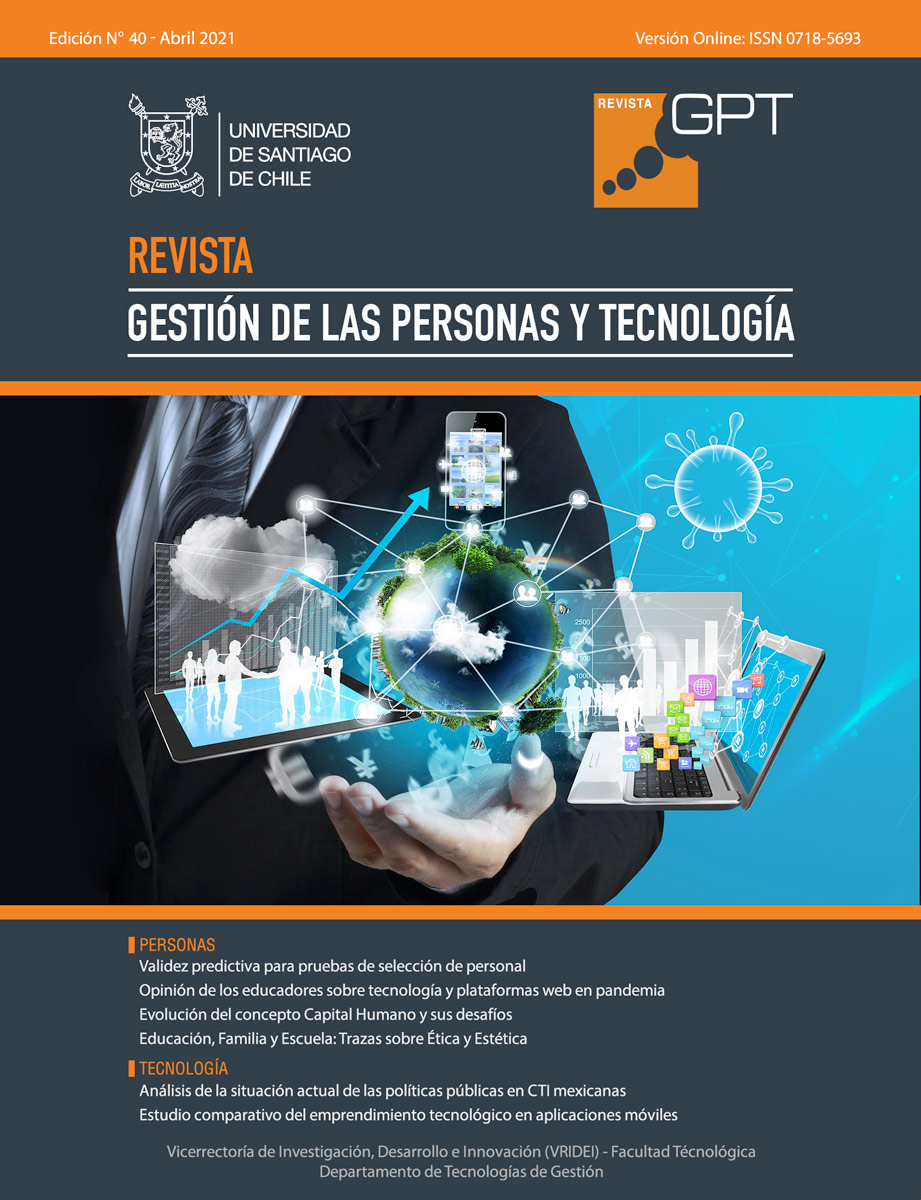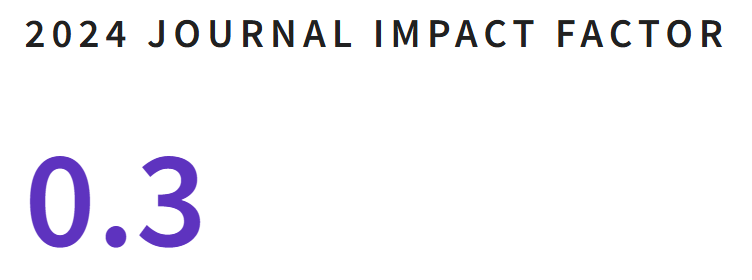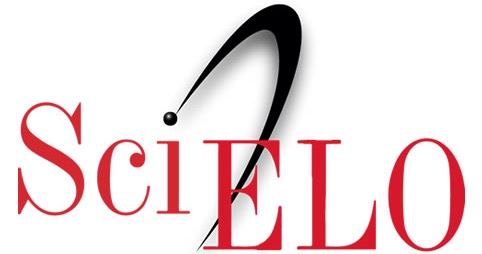The evolution of the Human Capital concept and the challenges for the Strategic Human Resource Management in Chile
DOI:
https://doi.org/10.35588/gpt.v14i40.4862Keywords:
Neoliberalism, Human Capital, Strategic Human Resources ManagementAbstract
The prevailing conditions in the social, cultural and institutional environment in a given time frame are fundamental elements for the analysis and interpretations of the human resource management professionals when they develop, implement, evaluate and adjust human resource management strategies (hereinafter SHRM). This strategy provides support and acts as a lever for competition and business strategies, facilitating the organization to achieve its goals. Within this scheme, the theoretical and conceptual notion of human capital is an approach that is used to understand the nature of workers and of the work itself, which is why it is crucial for the conception of the SHRM and high-performance practices of management of people who derive from it, in order for workers to achieve a higher degree of productivity and promote new questions and solutions to endogenous and exogenous challenges faced by labor organizations, transforming the result of work into innovative knowledge with the potential to generate sustainable competitive advantage over time. For this reason, we postulate that the current situation of Chilean society impels the search for the best fit of the SHRM over the best practices, whether local and/or foreign, for which the characteristics of the predominant social, cultural and institutional spheres in our country, which, being heterogeneous in nature, do not fit correctly with neoliberal economic notions such as the theory of human capital, whose homogenizing approach promotes a selfish rationality based on competition and personal benefit.











